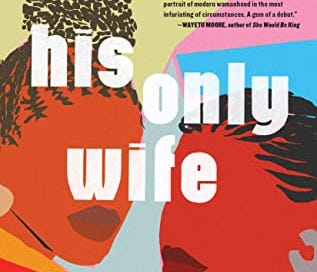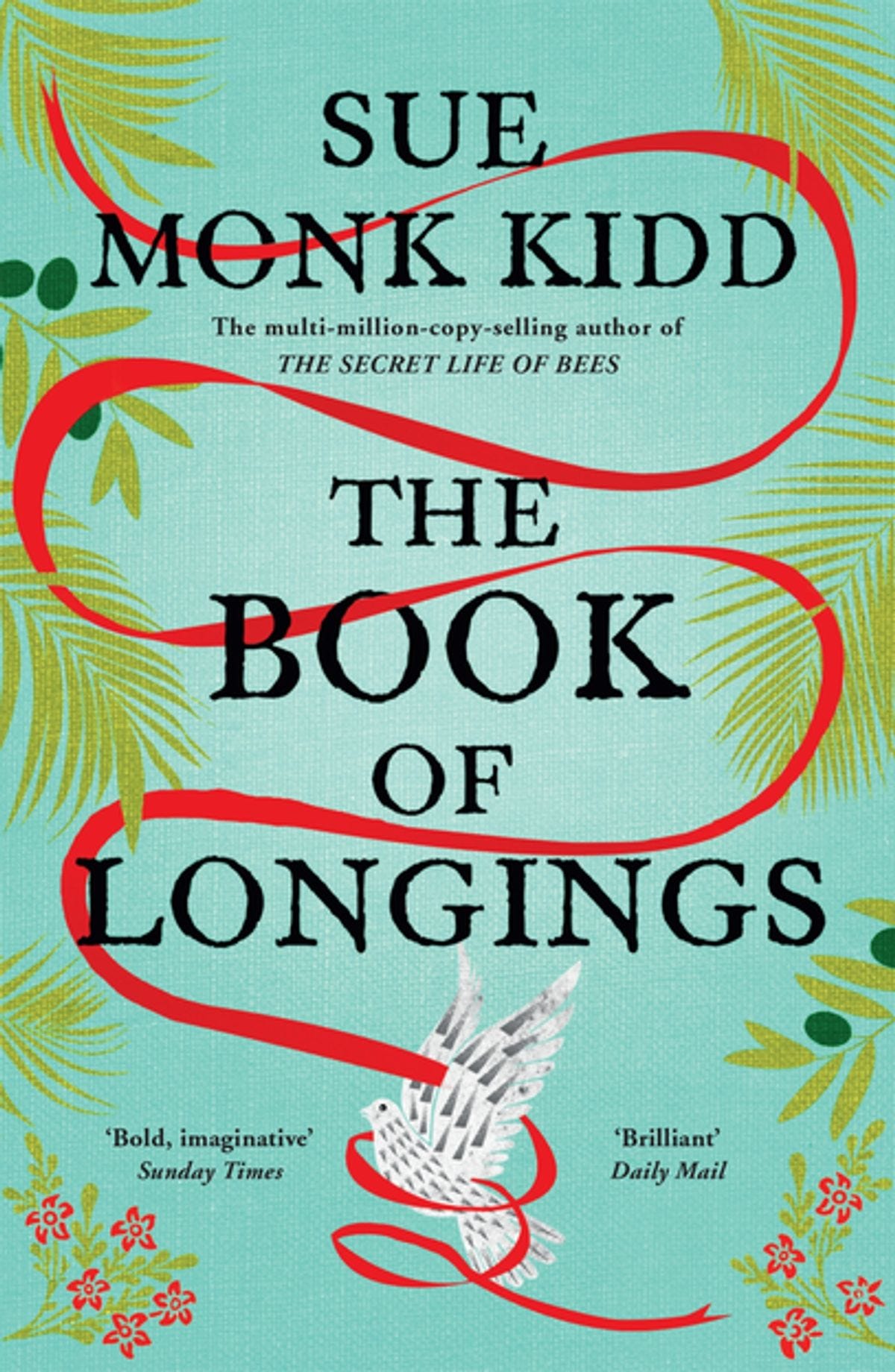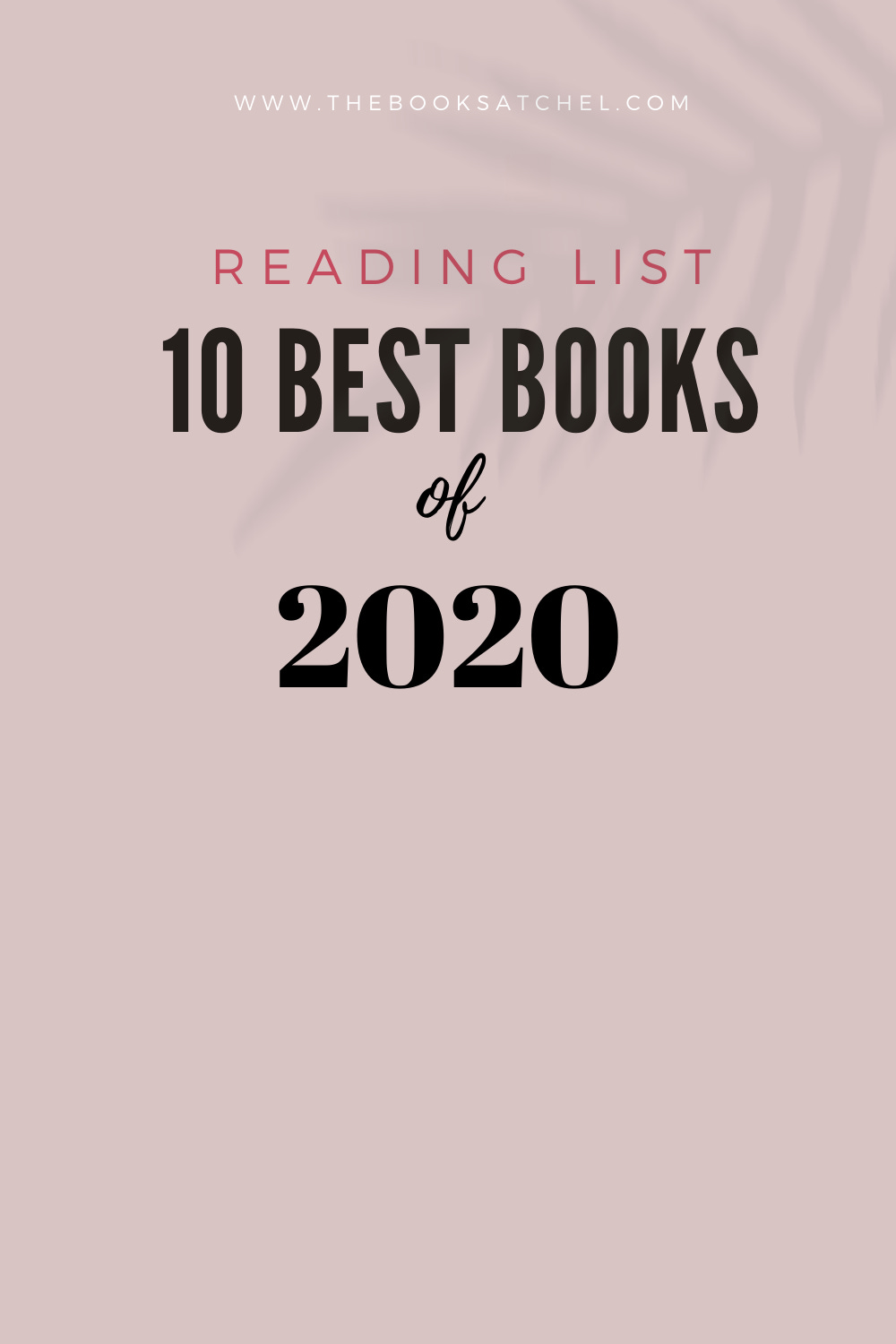Dear Reader,
How are you? The month of love is here. But this week’s newsletter is nothing about romance. It is about wives, heists and things like that.
Read
The first book I want to tell you about follows a young girl chosen to be a man’s wife, in order that he will distance himself with his partner (and mother of his child). No prizes in guessing that this woman isn’t liked by his family. The second is about Jesus’s wife. In her debut novel, His Only Wife, Peace Adzo Medie (e-ARC, from One World) follows a young seamstress Afi Tekple in a small Ghanian town. She is promised in marriage to the wealthy Elikem Ganyo (also as part of repaying his mother ‘Aunty Faustina Ganyo’ for her kindness towards their family). “Elikem married me in absentia; he did not come to our wedding,” she says.
After marriage, Afi is taken to one of the many houses that Elikem owns in Accra. She has all comforts, a driver, a host of servants, pocket money and also the chance to study what she wants. This is Accra with lavish parties, intellectual (read rich) group discussions over cocktails, wealthy married men with girlfriends, and nights of endless waiting. It was interesting to see Afi’s growth as a character. She is naïve when she comes to Accra. She doesn’t know how to please her husband and achieve his family’s goal of winning the man back into the family—“a problem I have been chosen to solve”. The morning after they first have sex, she is upset that she overslept and Efi made breakfast. But he didn’t seem to mind either, she notes. “This tendency of his not to allow me to be a woman was troubling. Clearing the table after meals, washing dishes, cooking breakfast—next he would be washing my clothes and sweeping. That is not how things are supposed to be.”
I loved the scenes where Afi waits for Elikem as a new bride (since she didn’t meet him on the wedding day because he was busy on a business trip), goes shopping to prepare meals and cooks two dishes, just in case he loves one of them and not the other, feels suffocated with her mother (who was very friendly to her before marriage), and is baby-talked by Elikem’s siblings and mother, as if she is a child who will set everything straight in their family. Eli is good to her. But he doesn’t stay with her a husband nor invite her to his house. Their love making is passionate. Afi might have everything she wants. But with a new found friendship in a neighbour (Eli’s brother, Richard’s secret girlfriend, and entrepreneur), and her fashion training, Afi longs for a bigger slice of the cake and is determined to live life in her own terms.
The characters were vivid on the page. That’s what I loved best about the book too. It reminded me of Ayobami Adebayo’s Stay with me (one of my all-time popular recommendations, and by that I mean almost 100% of the readers who read the book and wrote back LOVED it!) which deals with marriage, second wives, childlessness, family expectations but unlike His Only Wife, it morphs into a suspenseful unputdownable literary thriller. His Only Wife is good. But falls a little short when compared with Stay with Me. While His Only Wife is strong in character development, the subplots could’ve been stronger, the other woman falls short because she is neither an ever-present itch nor has a shape of her own, and Afi sometimes reads like a teenager and not an adult. It does however show us how Afi falls in love with Elikem, chases her dream of being a fashion designer and voices out her concerns in her marriage.
The novel is deep in patriarchy in its most venomous form where it is masked as something that is for the good of women. Eli wants to keep both the women, his brother Richard, while he doesn’t like Eli’s woman, keeps a woman of his own in his apartment (she is one of my fav characters), Afi’s uncle turns the mother-daughter out of their house after her father dies but has no qualms in unloading the responsibilities of his children on others (including Afi). The uncle has rules about how Afi should behave, but does not allow his own wife and children to use his flush toilet and charges a fee for those who want them to. Afi changes from a twenty-one-year-old woman who has lots of rules in her head about how “things are supposed to be” to questioning her role in the society and family in this novel. A good debut.
Next, The Book of Longings by Sue Monk Kidd follows Ana, the fictional wife of Jesus. I was very interested in the premise of the novel which almost felt like a Biblical Circe, where the women in the Bible/women not mentioned in the Bible are given a voice. (PS: Circe is amazing. Read it already). I have been keeping it on my wishlist ever since it was published, so I was thrilled to read an e-ARC from Tinder Press. Ana is the daughter of a wealthy pro-Roman man who is a scribe to Herod, the ruler of Galilee. She is fierce, she knows how to work as a scribe, she has opinions, she wants to write about all the women who are silenced in the Old Testament. She is betrothed to an old man (because he wants a son), but meets an eighteen-year-old carpenter, Jesus. They have a brief life together, and then she is on the run to Alexandria with her aunt, harbouring a secret.
While I did finish reading the whole book, I felt unsatisfied in many places. There was no sense of place, and if the story was uprooted to any country after changing the names of the cities mentioned, it would’ve felt the same. A few pages in, it gave out vibes of being written by a someone not familiar with the culture and linguistics of the region. (I do not know if Kidd is familiar, but as a reader, I felt the narrative wasn’t). Secondly, there were many instances where the conversations were modelled like how English people (what’s the right word to use here? English characters in a novel written originally in English) talk. At some oh-s in conversations, my mental image of the characters would suddenly change into a white person. And that irritated me. Would the characters talk this way? Would Jesus have called his wife ‘Little Thunder’? Dialogues felt like thorns which prick the otherwise smooth flow of the story. If this was a translation, we could’ve pointed fingers at a poor choice of words. There was a feeling of otherness throughout the course of the novel. Kidd fails to bring alive the characters in their own settings.
Also the empowerment sometimes felt forced. It is refreshing to see Ana as an outspoken woman. But it is hard to imagine that some of her actions had no consequences, especially given the times she lived in. There is a reunion scene — part of the secret that Ana goes in search for after she and Jesus go separate ways — which is an important climax in the novel. But it felt so bland! I did consider not reading the book further after the scene but there was so little to finish that I read it anyway. It did not read real. Real to the characters explored in the story. There was no emotion. It might’ve sat alright in a scene from a movie with an all-white cast but in this particular story and cast, it stood out like a sore thumb. Jesus is portrayed a feminist, always saying the ‘right things’ —but Kidd stops at that. Even though the Biblical Jesus was a rebel and went against the norms, Kidd’s feminist Jesus felt under developed. I can believe that Kidd’s Jesus was different from other men, but only if she gives me enough development. He says things that a 21st century woman wants to hear, and disappears. There’s a scene where Jesus tells Ana “God is like a mother hen…She will gather us beneath her wing”. God (Biblical) being addressed as a woman is a relatively new line of thought, not of the times that the story is set in. Nor do we get any substantial evidence supporting that Kidd’s reimagined Jesus has explored this line of thinking. So at several places, The Book of Longings felt like new wine in an old bottle, desperately trying to please the woke audience (and failing).
All that brings me to the confusion of whether I would recommend the book or not. I know no solid answer. I certainly enjoyed the liberties that Sue Monk Kidd took in reimagining the characters in the Bible (Lazarus, Mary, Martha, Judas), changing narratives (such as the non-Biblical, but popular story of Veronica getting hold of a towel with the imprint of Jesus’s face, the story of the prostitute who anoints Jesus’s feet), taking liberties to tweak some historical facts (Kidd points this out in her afterword) and also how she wove together the plot. I liked how she shows Jesus as a human, confused but exploring his beliefs. I liked that he remains a minor character, never over powering Ana and her narrative. There’s Judas, a member of the resistance, who is determined to bring glory to his country. The novel also examines the old traditions and atrocities such as really old men wanting young wives, women raped and silenced and often given brutal punishments, inheritance laws, powerful men vs meek men, and also the Roman occupation of Israel. Ana looks at women who aren’t given a voice in the Bible. While I did love it (and it is one of the reasons I wanted to read the book), I did wish these women were explored in depth. After all, that is what Ana wanted to do in the first place. The Book of Longings isn’t a perfect book, but it does have its merits, especially in terms of the storyline. If you looking for a reimagining, give it a try. But if you are picky about characters being realistic, you might see dents.
What's new?
I have finally put together my favourite books in the latter half of 2020. It has an excellent mix of titles for everyone—lying adults, Twitter wars for grilled sandwich recipes, the ultimate feel-good love story, historical fiction that'll make you weep and more. If you loved any, let me know.
Watch
After a lengthy chat about fictional wives, there’s Lupin to the rescue. I loved this series and binged it in Jan. Disguises, hesits, trickery — all my favourite things in a single show. Lupin is a French thriller series starring Omar Sy in the role of Assane Diop, a man (thief?) inspired by the adventures of master thief Arsène Lupin. Lupin is a character created by Maurice Leblanc in the early 1900s. I have not read any books featuring Lupin (I didn’t even know Lupin and felt ignorant when I googled), but after watching the series, I want to read a few stories featuring him. I am a little let down that they show less of ‘how’ something is done; it is mostly ‘problem here’, ‘problem solved by Assane’ and I really really would’ve loved to see how some were solved. But no big complaints. It is entertaining, and there’s always a way out. Can’t wait for Season 2.
Streaming on Netflix
Amazing Links
- More heists? The great Buenos Aires bank heist (Josh Dean, GQ)
- How to write a good novel according to 10 really good writers (Esquire)
- My relationship with gold jewellery is complicated — As a young South Asian woman, gold jewellery is both political and performative (Iman Saleem, Teen Vogue)
- This is what I’ve done for my food addictions but I didn’t know it had a name — The Japanese Kaizen method to cut sugar consumption (Medha Shri Dahiya, Hindustan Times)
For books — new, classics, translations, indie press titles — and movies,
Sign up for TWO months of FREE Scribd using my Invite Link.
That’s a wrap. See you soon,
Resh x
(This newsletter may contain affiliate links which might earn me a very small commission at no extra cost to you)
If you liked this newsletter, the best way to show support would be to forward the subscribe link to a friend or share via your favourite social media.







